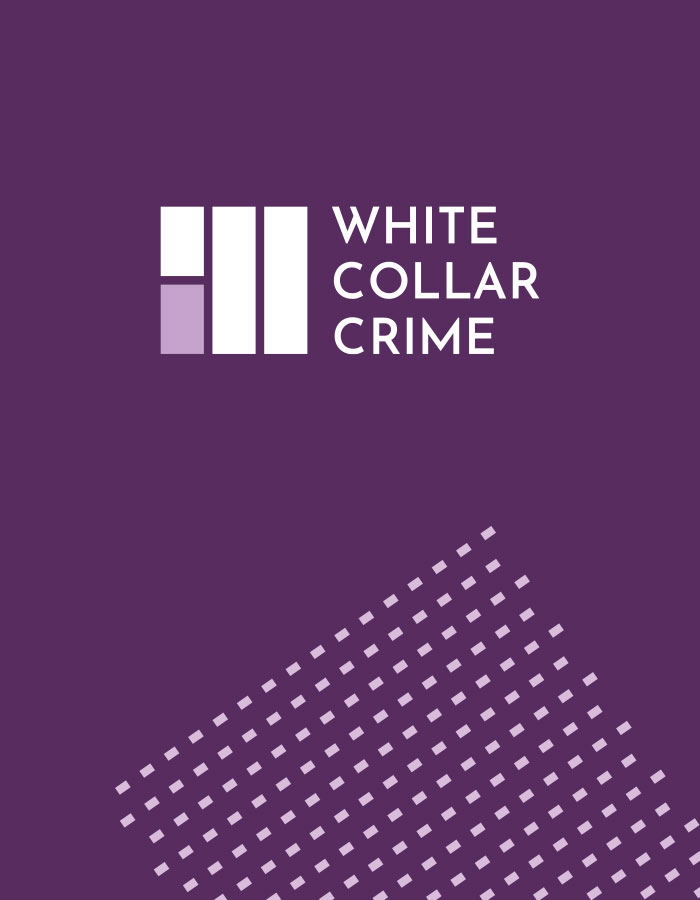Speed read: The Law Commission’s Report on the SARs regime recommends tweaks rather than any substantive change. Two recommendations at least hold some practical potential. The call for statutory guidance presents an opportunity to shed light on the contours of the reasonable excuse reporting exemption. This is something much needed given the discordance in the guidance. Also likely to have an impact is the call for financial institutions to be allowed to ‘ringfence’ suspected tainted funds.
The recommendations of the Law Commission for the Suspicious Activity Report regime lay a path to authoritative guidance for the regulated sector but will not lead to any substantive change to UK AML law. The consent regime and its centrepiece, the ‘all crimes’ approach to predicate offences to money laundering, is to be retained. Earlier proposals to introduce a schedule of serious offences capable of generating criminal property or a de minimis threshold for the purposes of engaging the reporting duty between sections 330 and 332 POCA 2002 did not generate widespread support during the Law Commission’s consultation process. Two recommendations at least hold some practical potential. The call for statutory guidance presents an opportunity to shed light on the contours of the reasonable excuse reporting exemption. Also likely to have an impact is the call for financial institutions to be allowed to ‘ringfence’ suspected tainted funds. If implemented, this will mitigate against the harshness that arises when funds are mixed and entire bank accounts are frozen.
Statutory guidance on reasonable excuse
Differences in the guidance produced by the UK’s AML supervisors, even if slight, create uncertainty in practice. This is especially testing for companies with diverse business strands all falling within the regulated sector. For example, a Money Laundering Reporting Officer of a firm engaging in company formation as well as legal services will inevitably consult AML guidance produced by HMRC for corporate service providers and the same produced for the legal sector by the Legal Sector Affinity Group. But the two do not always cover the same ground. The latter elaborates on circumstances which could amount to a reasonable excuse including that the would-be reporter is aware that the predicate offending and money laundering has no nexus to the United Kingdom or that the information is already in the public domain. In contrast, HMRC’s guidance is entirely silent on this point.
Understanding the contours of the reporting exemption is vital yet faced with uncertainty and a personal obligation, the Money Laundering Reporting Officer could be forgiven for erring on the side of caution and reporting what is already in the public domain. This would only add to the raft of SARs containing limited intelligence value but the decision is understandable. A Money Laundering Reporting Officer could be criticised where they rely on one piece of guidance over the other. Notwithstanding the legal sector guidance, the National Crime Agency’s response to the Law Commission’s consultation, reflected at paragraph 7.98 of the Report, squarely indicates that it is not for a would-be reporter to consider what does or does not have a UK territorial nexus. A perceived wholly foreign matter could well have a UK link or be relevant to a cross-border investigation. This suggests two things. The approach of professional body supervisors is far from definitive. Further, in the wake of these observations, regulated persons should be very slow to engage the ‘reasonable excuse’ exemption on the basis that there is no UK nexus.
Ringfencing
To disincentive layering, the definition of ‘criminal property’ for the purposes of money laundering includes mixed property. This presents problems for money in bank accounts. Even if only a small amount is suspected as having been illegitimately obtained the lot falls to be considered as criminal property. Irrespective of the motivation, any dealing with the property by the bank exposes it and the persons involved to the commission of a money laundering offence. When a SAR is submitted, the subsequent no-action period often leads in practice to a bank freezing the entire account. The implications can be severe. No distinction is made between an individual or business account holder and notwithstanding the length of the no-action period, no exception made for necessary expenditure.
The Law Commission proposes to address this harshness by enabling financial institutions to separate out the suspected criminal funds without exposure to a principal offence of money laundering. A defence would be engaged where funds are ringfenced for the purposes of preserving criminal property. The remaining funds would be free to be handled by the financial institution and the account holder. The recommendation, if implemented, would be a small but meaningful change to the AML regime. Fundamentally, it highlights that a balance can be struck between AML measures and access to the financial system. When it comes to the wider AML effort, this is a point all too often overlooked.







